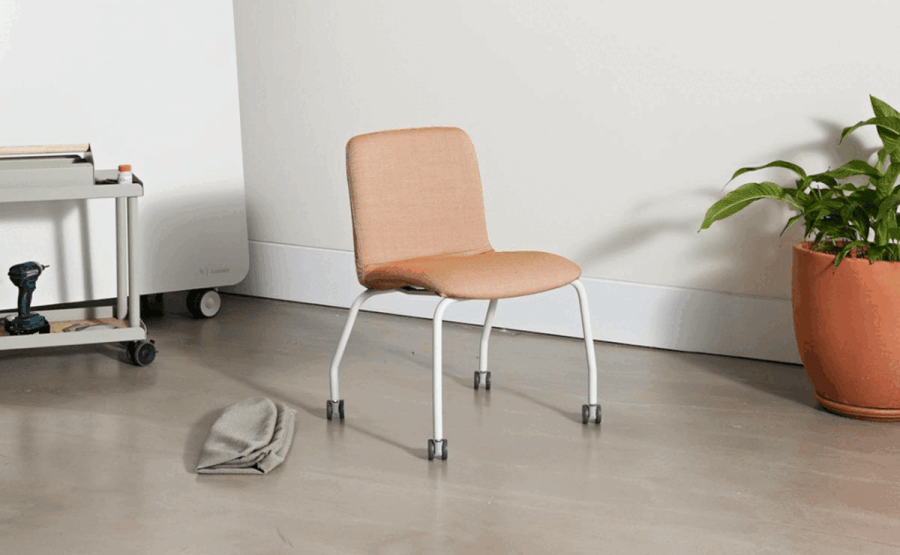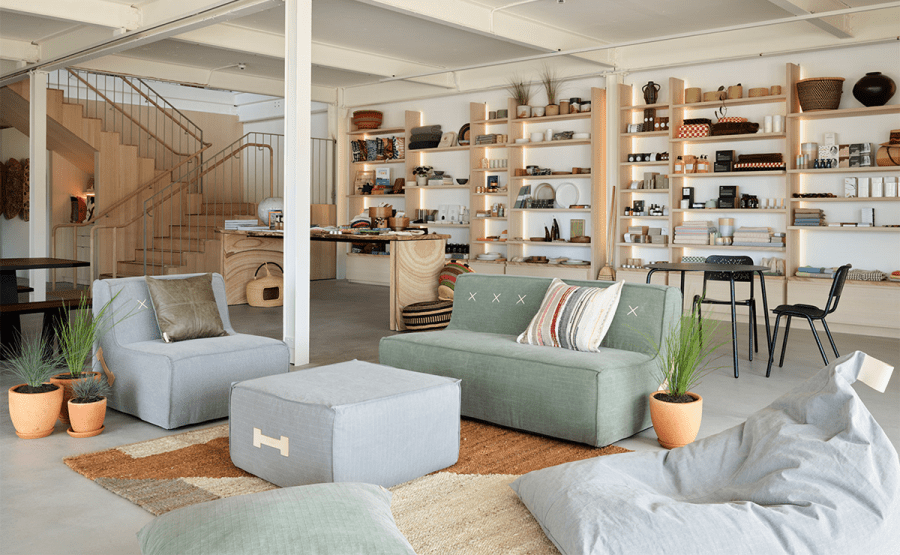Sustainable furniture retailer, Koskela, has announced its plans to be completely circular by 2027.
In its inaugural Circularity Action Plan, the B Corp furniture company outlines the innovative initiatives it’s taking toward circularity by 2027 and also reaching absolute-zero carbon emissions by 2035.
“Total circularity means that nothing Koskela makes will ever end up in landfill,” says Koskela co-founder and CEO, Sasha Titchkosky.
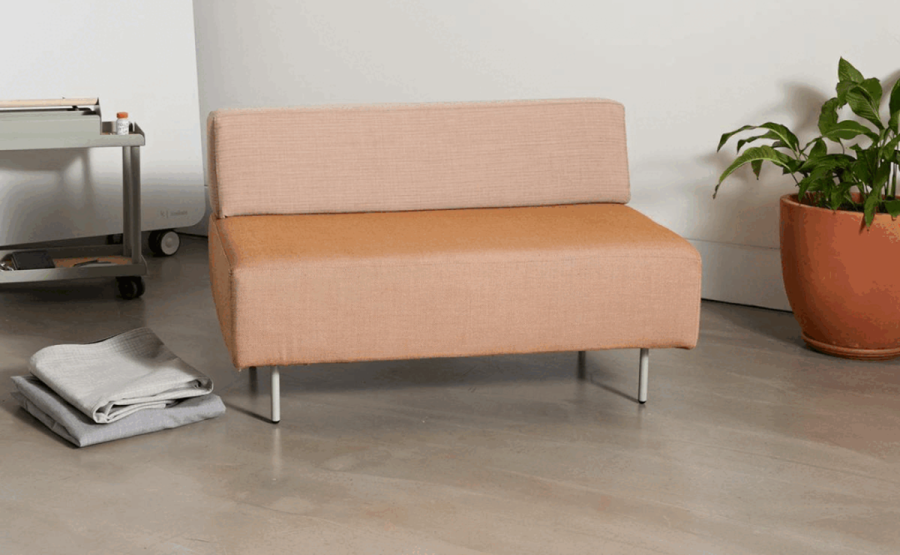
“This planet is in crisis and it’s up to all of us to help usher in a new way of living, being and working―one that is in step with nature and allows humanity to thrive,” she says.
Australia has a fast furniture problem, with research showing that each year, the weight of furniture thrown out by Australian households (222,600 tonnes) is more than four times the weight of the Sydney Harbour Bridge.
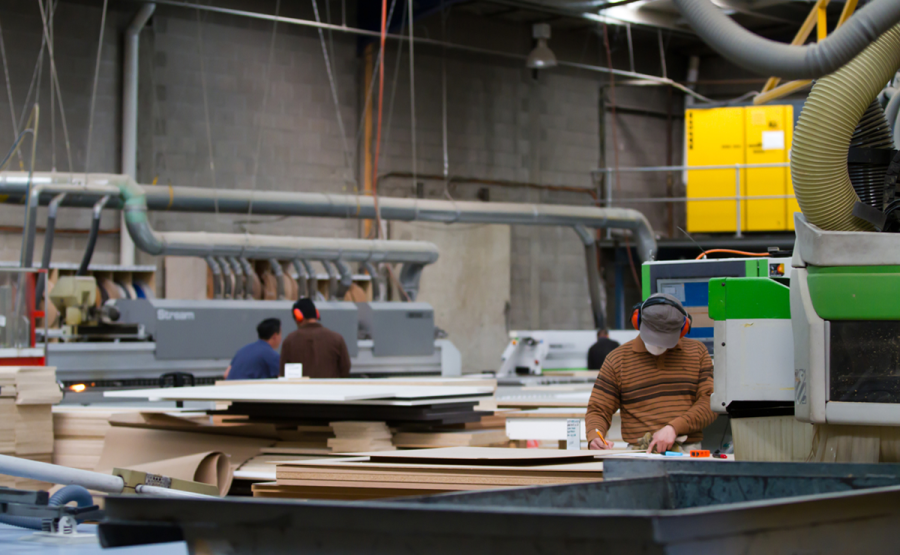
While furniture used to be made to last a lifetime, in recent decades there’s been a decrease in overall quality and an increase in perceived disposability. Much like the rise of fast fashion, there has been a sharp increase in mass-produced fast furniture too.
“As originators of products, we have a responsibility to make sure these products, our systems and business models are restorative and regenerative, with minimal impact on the earth. We are rethinking the way people purchase and use products from the moment we design them.”
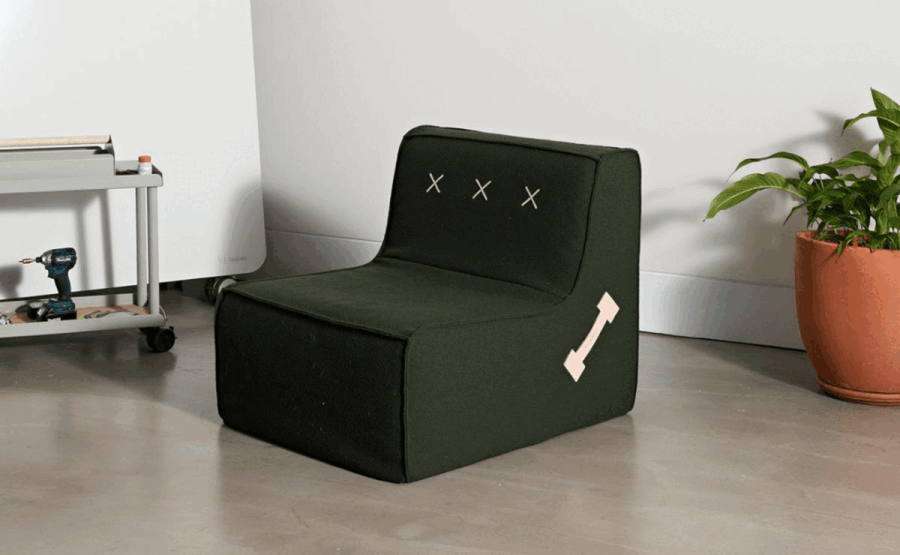
To put the problem into perspective, it’s estimated that the amount of furniture dumped in Sydney’s landfills every year is the equivalent of 800,000 three-seater sofas, 1.65 million dining tables, 3.4 million coffee tables or 6.85 million chairs.
“We want to create high-quality, timeless furniture, designed with circularity at its core to minimise the extraction of resources and waste, but also help our customers move to circular consumption by returning what they no longer have use for so we can find it another home,” she adds.
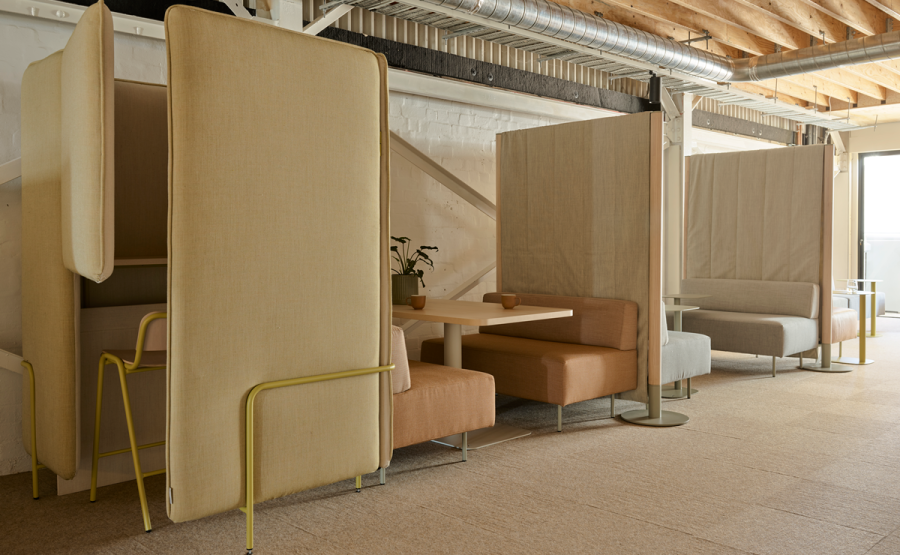
Titchkosky, who founded Koskela over 20 years ago, hopes this action plan will also influence other businesses towards a circular model.
“We can’t just tree-plant our way out of the climate crisis. Going circular is the only way we can decouple growth from an increase in our carbon footprint. I hope that other organisations can use our circularity journey as a blueprint for their own.”
